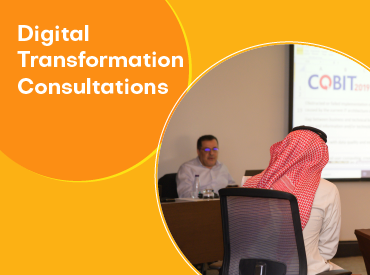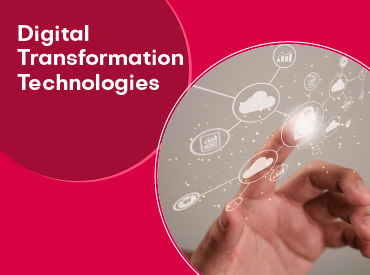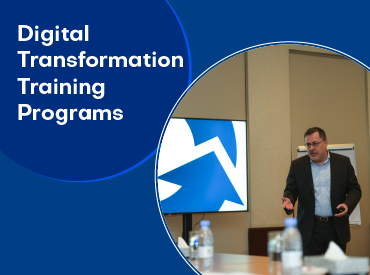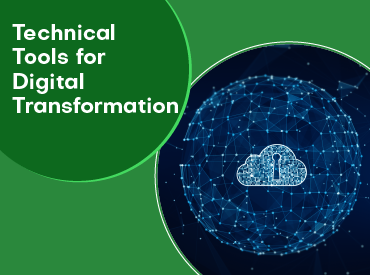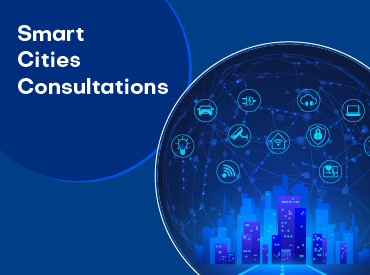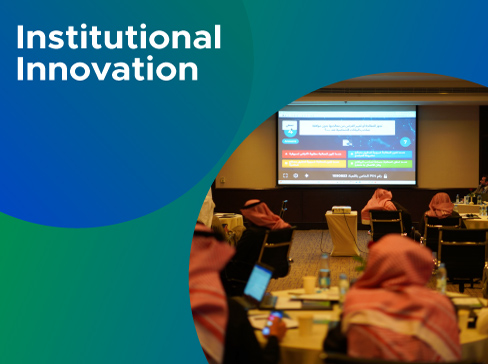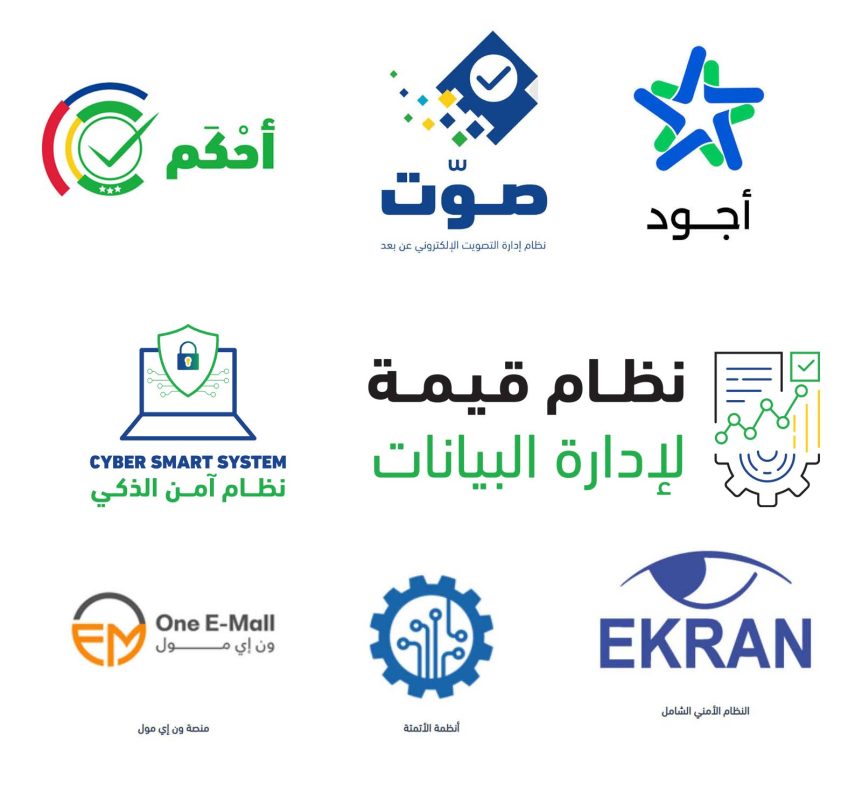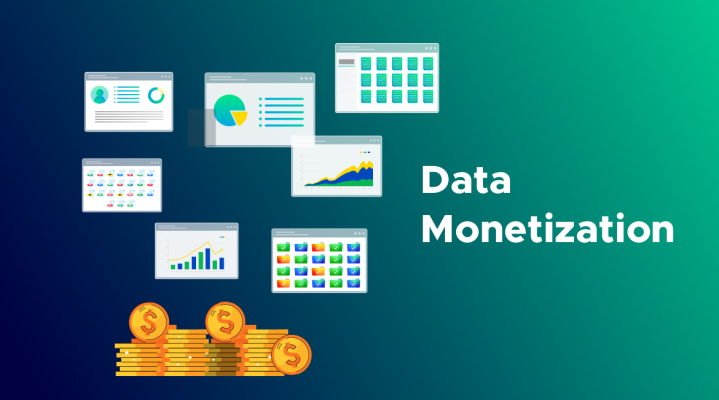
The concept of Data monetization is an essential part of the digital revolution.
This is due to the ever-increasing amount of data generated and processed daily.
As a result, some companies need to consider unconventional and innovative ways to leverage this data to gain economic value from these vast amounts of information.
In this article, we will demystify this concept and explain how to generate income from data. We will also explain how this can significantly improve business performance by providing you with all the necessary information.
First and foremost,
What is Data monetization?
Data monetization is the process of using data generated or collected by an organisation to create measurable economic value (turning data into money).
This value can be either direct or indirect.
For example, data or analytics products can be sold as a service to customers or partners for a financial fee, or data can be used to improve business processes or products.
Monetizing data involves transforming raw data into information and knowledge that can be sold, shared, or used to make more informed business decisions.
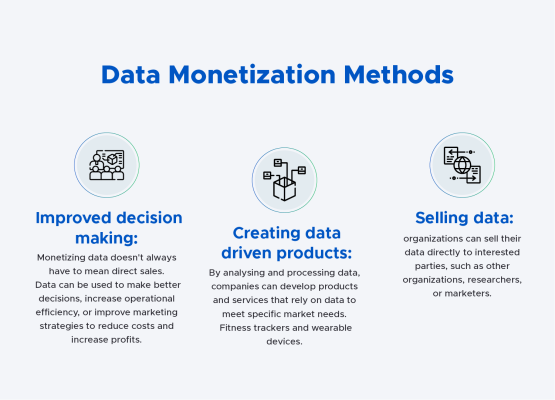
Data Monetization Methods
Include various strategies and techniques for extracting value from data assets, and this value can manifest itself in a variety of ways:
- Selling data:
organizations can sell their data directly to interested parties, such as other organizations, researchers, or marketers.
This method often involves sharing data sets.
- Creating data-driven products:
By analysing and processing data, companies can develop products and services that rely on data to meet specific market needs.
Fitness trackers and wearable devices, for example, use user data to provide personalised health recommendations.
- Improved decision-making:
Monetizing data doesn’t always have to mean direct sales.
Data can be used to make better decisions, increase operational efficiency, or improve marketing strategies to reduce costs and increase profits.
Examples of Data Monetization
Giving some thorough examples of the data monetization procedures employed by businesses across a range of industries is helpful.
Here are some detailed examples:
- Data Selling:
- Google: Google sells user data to advertisers, who use the data to present targeted ads to users.
- Facebook: Facebook works with research companies and sells user data to help these companies understand user behaviour.
- Use of data to develop new products and services:
- Netflix: Netflix uses viewing data and user preferences to provide personalised recommendations for movies and TV shows.
- Amazon: Amazon uses sales data to make product recommendations for users to improve the online shopping experience.
- Use of data to improve current products and services:
- Apple: Apple uses user reviews and app usage data to improve the iOS operating system and various apps, resulting in better performance and customer satisfaction.
- Airbnb: Airbnb uses guest reviews and booking data to improve the user interface and provide recommendations to guests based on their preferences, resulting in higher revenue and a better customer experience.
- Examples of using data to improve current products and services:
- Airline: an airline uses flight data to improve flight planning.
By analyzing historical flight data, routes, schedules, and fuel consumption can be optimized, resulting in cost savings and higher customer satisfaction.
- Uber: Uber, a global transportation company, uses data to provide better and more cost-effective services to passengers and drivers. Uber uses data to determine demand, supply, pricing, quality, and safety, enabling it to optimize the match between drivers and passengers and ensure efficient transportation services.
- Retailers: Retailers use sales data to improve store design and layout.
By analyzing customer behaviour in their stores, they can optimize product placement, create more attractive displays, and improve the overall shopping experience to increase sales and customer satisfaction.
- Financial services companies: Financial institutions use customer data to identify new opportunities.
By analyzing customer transactions and behaviour, they can offer personalized financial products and services, such as investment options, insurance plans, or credit options tailored to individual customer needs.
The importance of data monetization for companies
Why should your company adopt this process?
- Gain a competitive advantage: Well-executed monetization strategies can help your company outperform competitors who have not effectively harnessed the power of their data. This can lead to a competitive advantage in the marketplace.
- Create new revenue streams: Even if you do not plan to sell your data to third parties, this process can open up new revenue streams for your business, helping it grow and expand. For example, uncovering new customer trends in your data can lead to the development of new products that meet modern customer needs.
- Streamlining operations: Deep data analytics can simplify production processes by putting data in the right places, reducing the volume of data generated by these processes, and minimising unnecessary expenses.
- Building strategic partnerships: You can offer analytical insights to interested third parties, e.g., banks, on reasonable terms, thus fostering strategic partnerships.
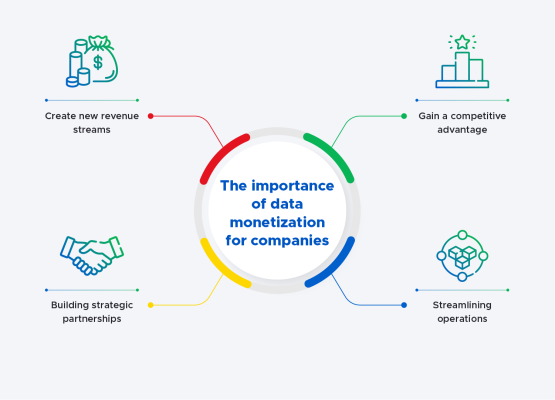
Get ready to make money with data in 4 steps
Before you start making money with your data and enjoying its benefits, you need to prepare your business for the following:
- Gain support:
The motivation to make money with data should come from the highest levels of the organization.
Executives need to understand that data analytics not only save money but can also be a significant source of revenue if used correctly.
Once this understanding is achieved, executives emphasise the importance of new revenue when applied correctly. Once this understanding is achieved, leaders emphasise the importance of this process to key internal stakeholders to gain support and achieve the best possible results.
- Evaluate existing data and identify valuable data:
The most important step in preparing to make money from data is to assess the value of your data. This involves reviewing the information your organization collects and identifying the data that provides value and the data that requires additional investment. Remember, you can’t make money with data that doesn’t exist.
- Choose your target audience.
After you’ve assessed the value of your data, determine who you want to market to. This doesn’t have to be external organizations; in fact, your target audience can be an important part of your business. For example, data can be used to significantly improve your understanding of consumer behaviour.
This data is critical to your sales department and can increase conversion rates and customer retention.
- Set your goals:
Before you begin the process of making money with data, you need to define your overall goals. Whether it’s an internal cost-cutting measure or introducing new data as a service to your business, clear goals are essential to successful data marketing.
Steps in the Data Monetization Process
- Data Collection and Organization:
The first step is to collect and organize data from various sources, such as customer interactions, website visits, internet devices, internal and external transactions, and more. This step ensures that data is readily available for analysis.
- Data Analysis:
After data collection, it needs to be analyzed to understand if it contains any patterns or valuable information. The data’s value and demand must be taken into consideration during this stage.
Data must be cleaned before being sold or used to create new products and services. This involves removing inaccurate, missing, or irrelevant data.
- Applying Data for Financial Benefit:
This can be accomplished through increasing revenue streams, developing new goods or services, or optimising operational performance.
- Data distribution and monetization:
The distribution process involves transforming data into market-ready products and distributing them to customers or target parties.
- Monitoring and Measuring Performance:
It is essential to monitor how the data monetization process impacts the organization’s overall performance.
Have profits improved?
Has efficiency been enhanced?
- Ensuring Security and Privacy:
Ensuring data security and compliance with privacy laws and intellectual property rights is crucial throughout the data monetization process.
Challenges in the Data Monetization Process
There are several challenges in the data process, including:
- Data Privacy:
Organizations must respect the privacy of their users’ data. They should obtain users’ consent before collecting and using their data.
- Compliance:
Organizations need to adhere to laws and regulations related to data usage. Laws and regulations vary from one country to another, and this may require organizations to take specific measures to protect data.
- Security:
Organizations and companies need to secure their data to prevent breaches. Data breaches can lead to data loss, unauthorised access, or misuse, necessitating the implementation of robust data cybersecurity measures.
Tips for Data Monetization
- Start Small and Expand:
Don’t attempt to monetize all your data at once. Begin by selling or using a small amount of data, and then expand your activities over time.
- Collaborate with partners:
Partnering with other organizations can be an excellent way to expedite data.
You can leverage the specialized services and capabilities of your partners to enhance your data efforts.
- Invest in modern technologies:
Modern technologies can help you collect, analyse, and protect data while ensuring privacy. Don’t hesitate to invest in these technologies to better monetize your data.
- Seek specialised consulting:
Don’t hesitate to enlist the services of specialized consulting firms to better understand, manage, and analyze your data. Companies like “Renad Al-Majd RMG for Information Technology” offer a range of data-related services and management.
The Link Between Data Value and Data Monetization
Data monetization can increase the value of data for organizations in several ways.
First,
Using data can generate additional revenue, which can be reinvested in data quality or used to develop new data-driven products and services.
Secondly,
Data management can help organizations better understand the value of their data, leading to improved data management and increased utilization.
Data monetization and data value are interrelated concepts, where data enhances the value of data for organizations, thus increasing the benefits derived from data.
Organizations and companies need to understand the relationship between these two concepts and how to use them for success.
In conclusion,
This article introduces the concept of data monetization, its importance, execution strategies, and examples. But how can you benefit from data monetization in your business? Do you need a reliable and professional partner to help you manage, analyze, and use your data effectively?
Renad Al-Majd for Information Technology is the ideal choice, with its expertise in consulting and data management.
They provide innovative, customized solutions to clients across various sectors, using the latest technologies and methods to ensure data quality. security, and speed. They also assist clients in achieving their goals and increasing their income through data monetization.


